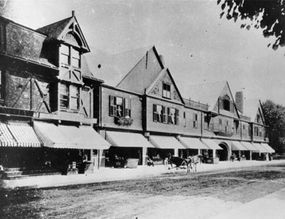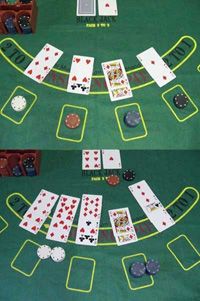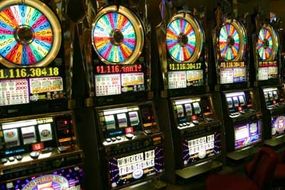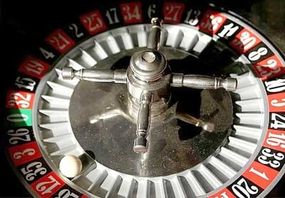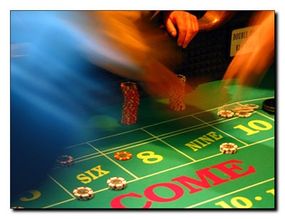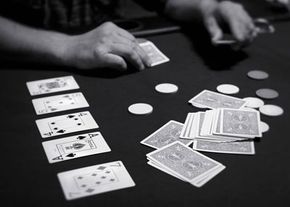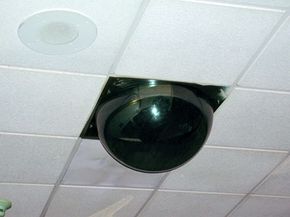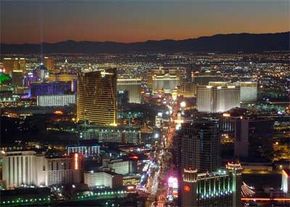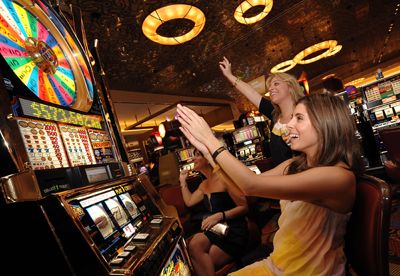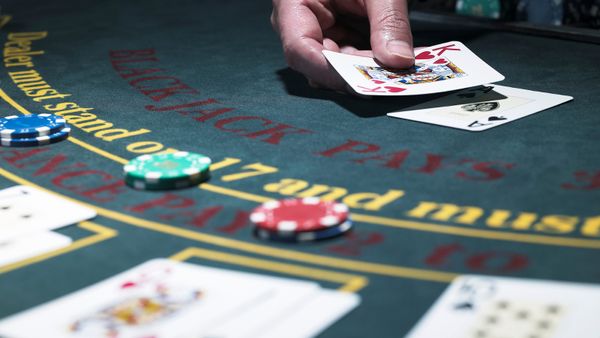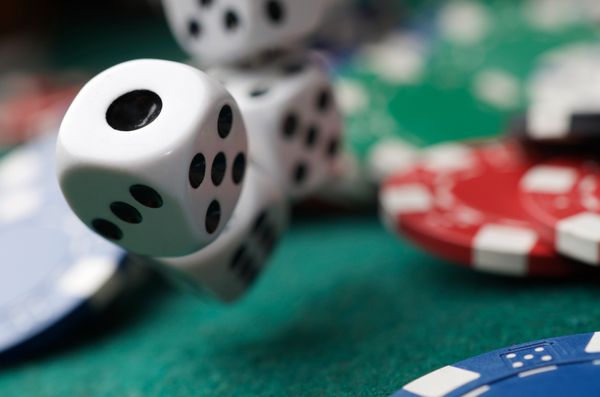The modern casino is like an indoor amusement park for adults, with the vast majority of the entertainment (and profits for the owner) coming from gambling. While musical shows, lighted fountains, shopping centers, lavish hotels and elaborate themes help draw in the guests, casinos would not exist without games of chance. Slot machines, blackjack, roulette, craps, keno, baccarat and more provide the billions of dollars in profits raked in by U.S. casinos every year.
Casino Image Gallery
Advertisement
In this article we'll look at how casinos make their money, the history behind them, what the popular games are and how they are played, what you could expect when you visit one, how casino's stay safe and the dark side of the business.
Casino Business
A casino is simply a public place where a variety of games of chance can be played, and where gambling is the primary activity engaged in by patrons. The typical casino adds a host of luxuries to help attract players, including restaurants, free drinks, stage shows and dramatic scenery, but there have certainly been less lavish places that house gambling activities. These would still technically be called casinos.
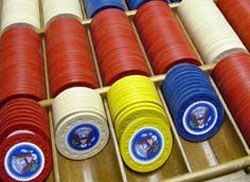
A truly enormous amount of money changes hands at casinos every year. While there are certainly big winners at the gaming tables every now and then, the only sure winner in a casino is the owner. In 2005, commercial casinos in the United States had gross revenues of $31.85 billion. Add to that the revenue of Native American casinos, which brought in $22.62 billion in 2005, and it's safe to say that casino industry profits have been steadily increasing for more than a decade [Source: American Gaming].
Casinos make money because every game they offer has a built in statistical advantage for the casino. That edge can be very small (lower than two percent), but over time and the millions of bets placed by casino patrons, that edge earns the casino enough money to build elaborate hotels, fountains, giant pyramids, towers and replicas of famous landmarks. The casino advantage is known as the "vig" (short for vigorish) or the rake, depending on the game. The exact number can vary based on how the player plays the game and whether the casino has set different payouts for video poker or slot machines.
As of 2007, only two U.S. states do not have legal gambling: Utah and Hawaii [Source: Hawaii News]. Every other state either has state-sanctioned casinos or Native American gaming.
Advertisement


